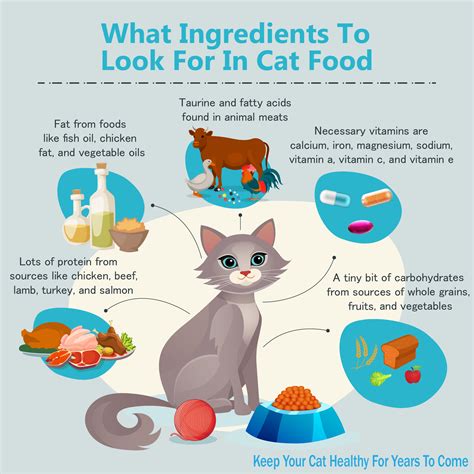Introduction
Cats are obligate carnivores, which means that they must eat meat to survive. Their digestive systems are designed to break down animal proteins, and they cannot properly digest plant-based foods. A cat’s diet should be based on high-quality protein sources, such as chicken, fish, and beef. In addition to protein, cats also need essential vitamins, minerals, and water.

What to Feed Your Cat
The best way to ensure that your cat is getting a healthy diet is to feed them a high-quality commercial cat food. Commercial cat foods are formulated to meet the nutritional needs of cats of all ages and activity levels. You should choose a food that is appropriate for your cat’s age, weight, and health conditions.
If you are not sure which commercial cat food to choose, you can ask your veterinarian for recommendations. Your veterinarian can also help you determine how much food to feed your cat each day.
What Not to Feed Your Cat
There are certain foods that you should never feed your cat. These foods include:
- Raw meat
- Dairy products
- Chocolate
- Coffee
- Alcohol
- Grapes
- Raisins
- Onions
- Garlic
- Macadamia nuts
These foods can be toxic to cats and can cause serious health problems.
How to Feed Your Cat
The best way to feed your cat is to establish a regular feeding schedule. This will help your cat to maintain a healthy weight and prevent them from overeating. You should feed your cat at the same time each day, in a quiet place where they will not be disturbed.
You should also provide your cat with plenty of fresh water at all times. Water is essential for a cat’s health and helps to prevent dehydration.
Monitoring Your Cat’s Weight
It is important to monitor your cat’s weight regularly. A cat that is overweight or obese is at risk for a number of health problems, including diabetes, heart disease, and arthritis. You can monitor your cat’s weight by weighing them at home or at your veterinarian’s office.
If you are concerned about your cat’s weight, you should talk to your veterinarian. Your veterinarian can help you determine if your cat is overweight or obese and can recommend a weight loss plan.
Conclusion
A healthy diet is essential for a healthy cat. By following these tips, you can help your cat live a long and healthy life.
FAQs
- What are the most common nutritional deficiencies in cats?
The most common nutritional deficiencies in cats are taurine, vitamin A, and vitamin E. Taurine is an amino acid that is essential for a cat’s heart and eyes. Vitamin A is essential for a cat’s vision and immune system. Vitamin E is an antioxidant that helps to protect a cat’s cells from damage.
- What are the signs of a nutritional deficiency in cats?
The signs of a nutritional deficiency in cats can include:
- Weight loss
- Loss of appetite
- Lethargy
- Poor coat condition
- Skin problems
- Eye problems
-
Gastrointestinal problems
-
How can I prevent a nutritional deficiency in my cat?
The best way to prevent a nutritional deficiency in your cat is to feed them a high-quality commercial cat food. Commercial cat foods are formulated to meet the nutritional needs of cats of all ages and activity levels.
- What should I do if I think my cat has a nutritional deficiency?
If you think your cat has a nutritional deficiency, you should take them to your veterinarian. Your veterinarian can diagnose a nutritional deficiency and recommend a treatment plan.
Future Trends
The future of cat nutrition is bright. Researchers are continually developing new and innovative ways to improve the health and well-being of cats. Some of the future trends in cat nutrition include:
- Personalized nutrition: Personalized nutrition plans are tailored to the individual needs of each cat. These plans take into account a cat’s age, weight, health conditions, and activity level.
- Functional foods: Functional foods are foods that have been fortified with additional nutrients to provide specific health benefits. For example, some functional foods for cats may be fortified with taurine to support heart health or omega-3 fatty acids to support brain health.
- Prebiotics and probiotics: Prebiotics and probiotics are beneficial bacteria that can help to improve a cat’s digestive health. Prebiotics are non-digestible fibers that promote the growth of good bacteria in the gut. Probiotics are live bacteria that can help to improve the balance of bacteria in the gut.
By keeping up with the latest trends in cat nutrition, you can help your cat live a long and healthy life.





















